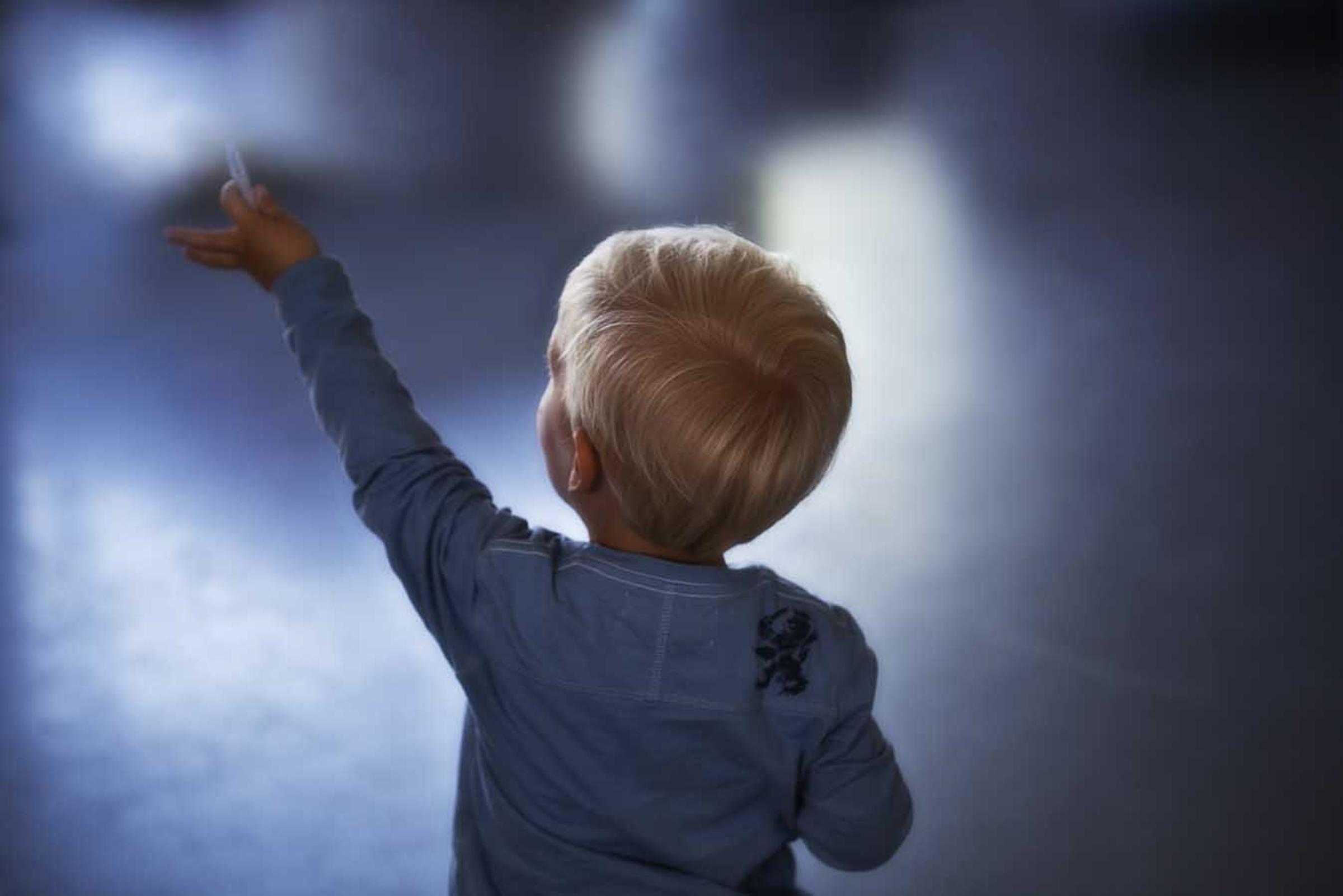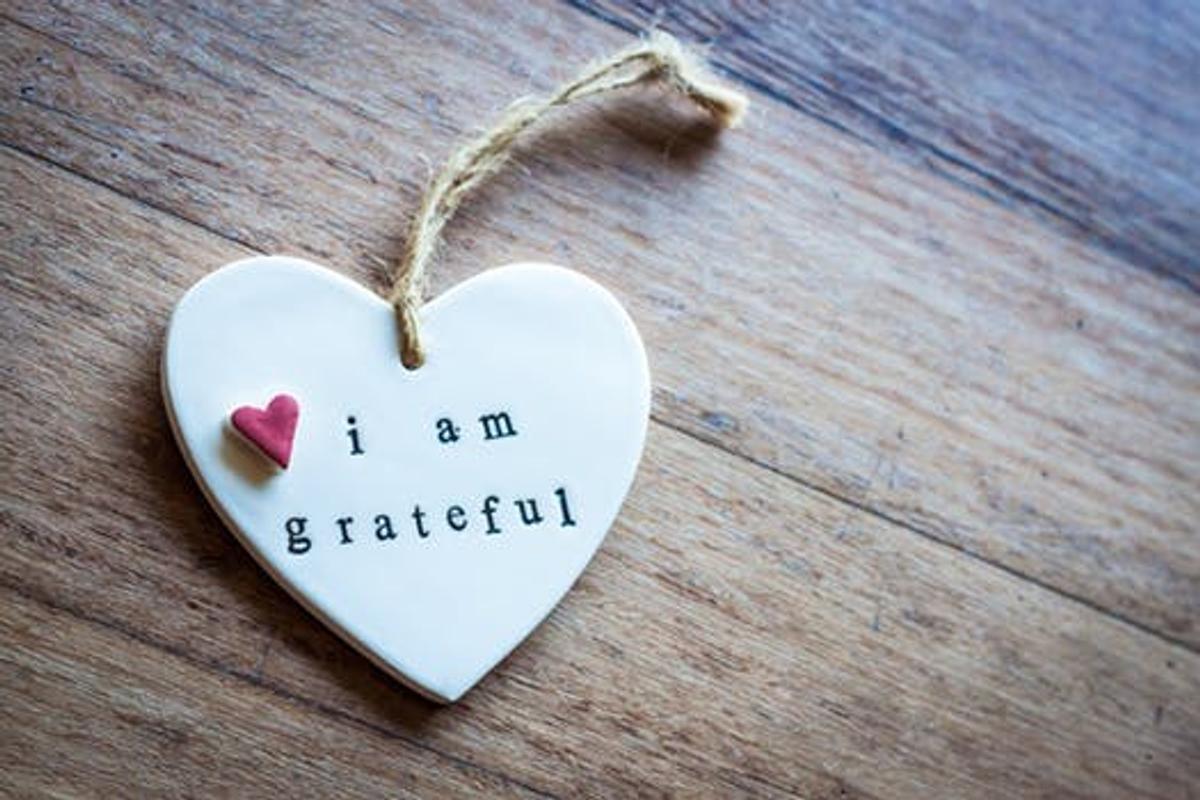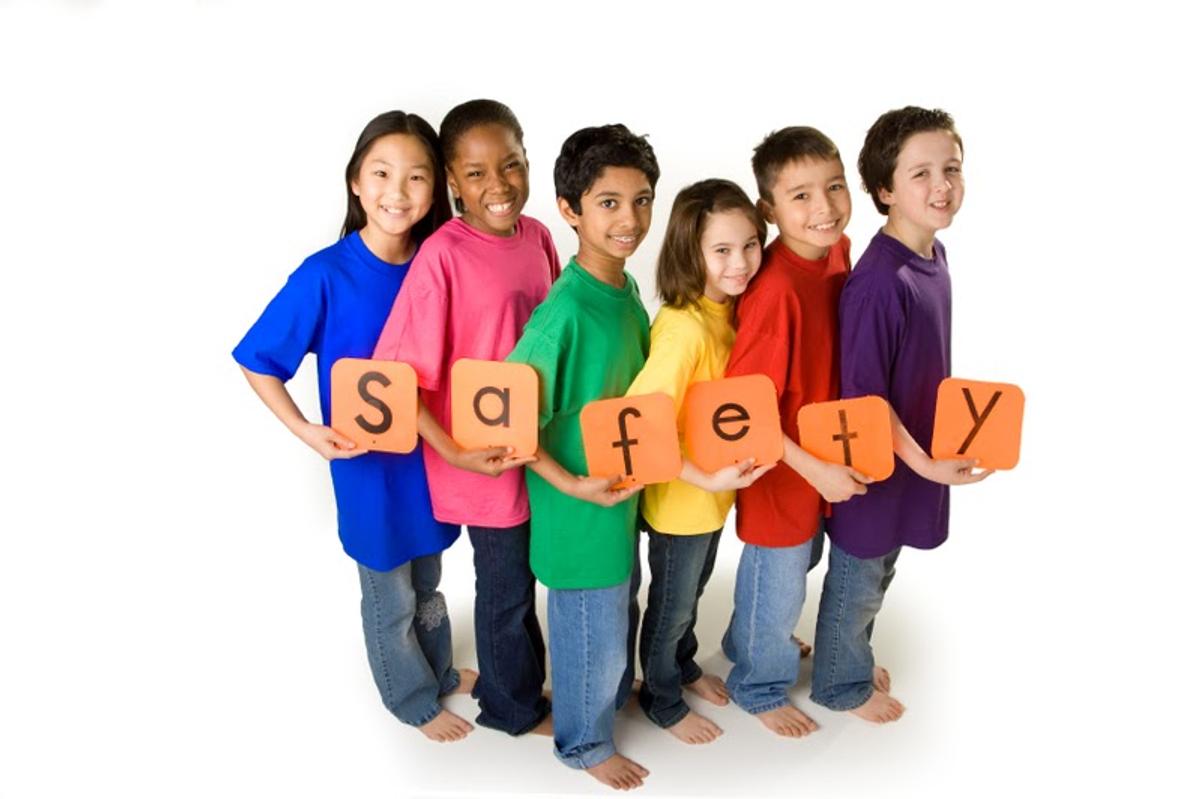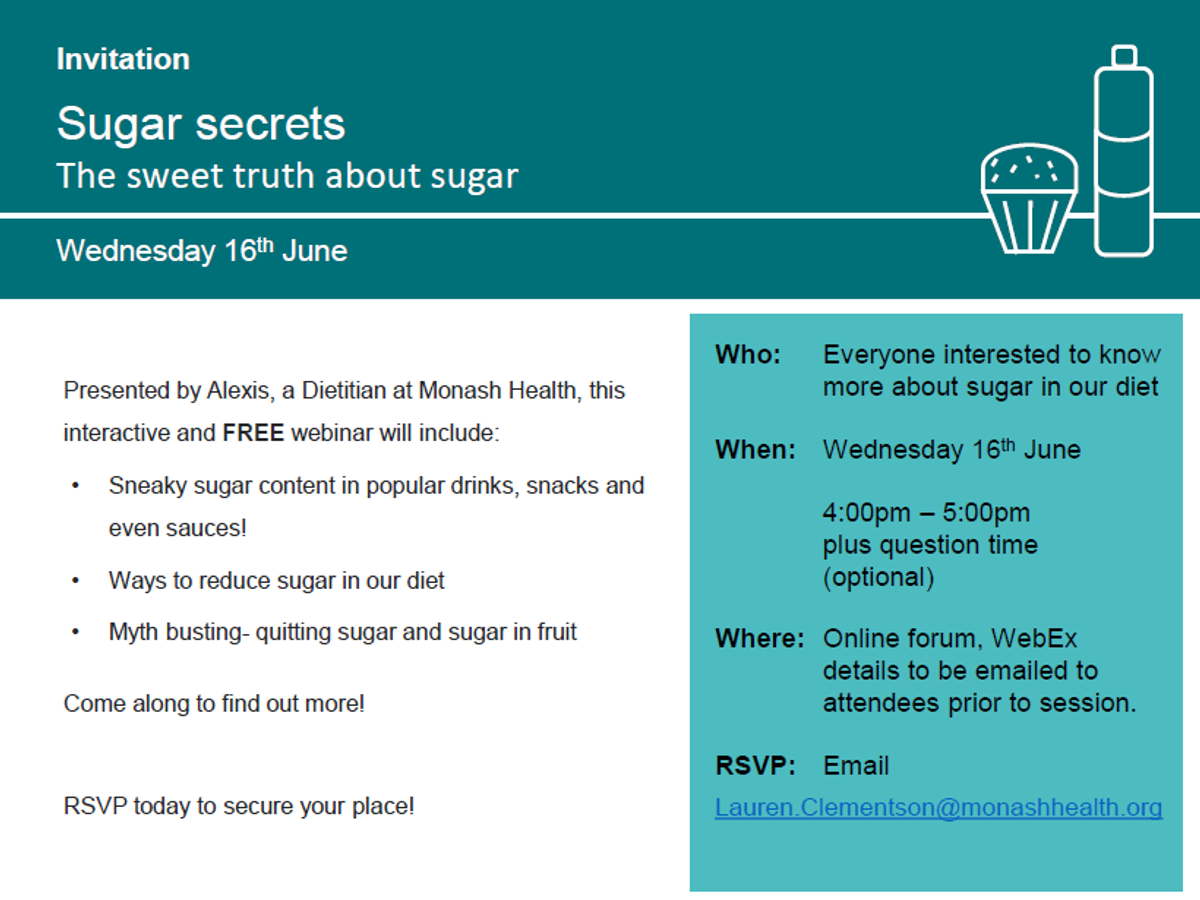Wellbeing

Fight MND
Motor neurone disease (MND) affects the nerves (motor neurones) that communicate between the brain and the muscles that enable us to move, speak, swallow and breathe.
In people with MND, the motor neurones gradually degenerate and die, causing the muscles to weaken and waste.
This year’s Fight MND awareness day is on Monday 21st June and the Big Freeze is on Monday June 14th. MND has been made prominent in recent times by Neil Daniher and the AFL.
We are asking all members of the school community to take part in the ice bucket challenge. Make a video with you and your family tipping an ice bucket of water on your head and send it to Kristy by next Wednesday 15th June. Let’s get behind this challenge, raise some money and have a bit of fun while in remote learning and lockdown.
Here’s what you need to do .......… Get someone to record the video.
- Fill a bucket (or larger container) with water and ice
- Tip it over your head
- Send your video to kgalea@sfslynbrook.catholic.edu.au
- We will present the collated videos at an assembly at school on Friday 17th June.
- Bring a gold coin donation to school on Friday 17th June to raise money for MND to help find a cure for this disease or help with research. The money raised will be donated to Fight MND.
For more information visit https://fightmnd.org.au/
The Resilience Project
Last Wednesday the teachers participated in a Resilience Project webinar with a focus on staff wellbeing.
We were asked to answer these questions:
- How much time do you spend brushing your teeth a day?
- How much time do you spend washing your hands a day?
- How much time do you spend having a shower or bath a day?
We were then asked to add the time together. We had a staff average of 45 minutes.
We were then asked:
- How much time do you spend on self-care in a day? Do you spend 45 minutes a day or more doing this? Most staff answered no. Some food for thought for us all. We have to prioritise and make time for self-care and our mental health like we do for personal hygiene.
Here are some ideas of how we can do this…
Gratitude
- Look at some old photos
- Journaling
- Make a list of everything you are grateful for
- Meditation
- What are you looking forward to? Reflect at the start of each month
- What was the highlight of the day? Reflect at the end of the day.
Empathy
- Do something nice for someone
- Make a list of what you like about yourself
- Give a hug
- Collect unused items to give to charity
- Volunteer your time
- Cook a meal
- Raise money for a local charity
- Let people into traffic
- Hold the door for someone
- Smile at 5 people you walk past.
Child Safety Policy
At SFS, we have a Child Safety policy. Each week in the newsletter, we will share some of this policy.
The purpose of this Policy is to demonstrate the strong commitment of St Francis de Sales Primary School to the care, safety and wellbeing of all students at our school. It provides an outline of the policies, procedures and strategies developed to keep students safe from harm, including all forms of abuse in our school environment, on campus, online and in other locations provided by the school. This Policy takes into account relevant legislative requirements within the state of Victoria, including the specific requirements of the Child Safe Standards as set out in Ministerial Order No. 870. This Policy applies to school staff, including school employees, volunteers, contractors and clergy.
The following principles underpin our commitment to child safety at St Francis de Sales Primary School:
- All students deserve, as a fundamental right, safety and protection from all forms of abuse and neglect.
- Our school works in partnership with families and the community to ensure that they are engaged in decision-making processes, particularly those that have an impact on child safety and protection.
- All students have the right to a thorough and systematic education in all aspects of personal safety, in partnership with their parents/carers.
- All adults in our school, including teaching and non-teaching staff, clergy, volunteers and contractors, have a responsibility to care for children and young people, to positively promote their wellbeing and to protect them from any kind of harm or abuse.
- The policies, guidelines and codes of conduct for the care, wellbeing and protection of students are based on honest, respectful and trusting relationships between adults and children and young people.
- Policies and practices demonstrate compliance with legislative requirements and cooperation with the Church, governments, the police and human services agencies.
- All persons involved in situations where harm is suspected or disclosed must be treated with sensitivity, dignity and respect.
- Staff, clergy, volunteers, contractors, parents and students should feel free to raise concerns about child safety, knowing these will be taken seriously by school leadership.
- Appropriate confidentiality will be maintained, with information being provided to those who have a right or a need to be informed, either legally or pastorally.
Free Webinar for parents
If you have any concerns about the wellbeing of your child, please do not hesitate to contact me.
Rachel Lenko
Student Wellbeing




